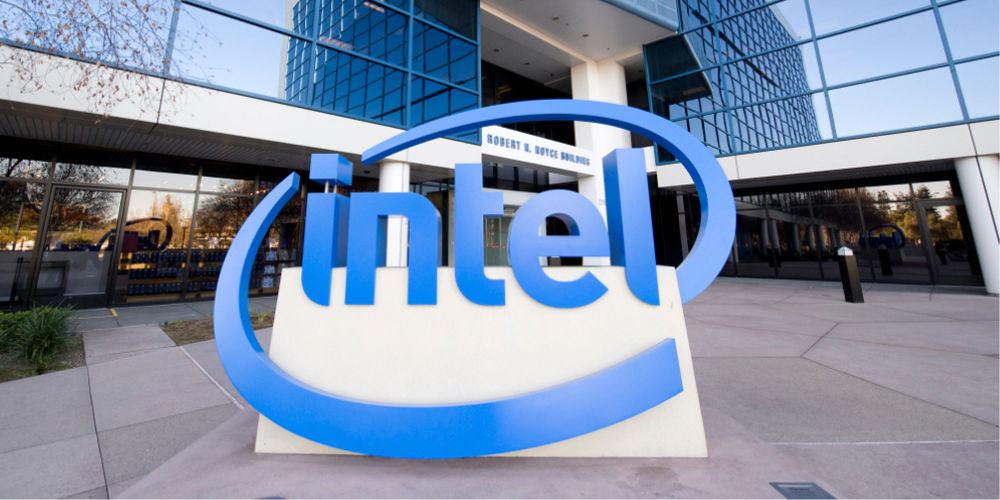Intel's Record Losses: A Turning Point for the Struggling Giant?

The forecasted announcement of Intel's massive $3 billion loss for the second quarter of 2023 has sent shockwaves across the tech industry. If these predictions hold, it will mark the largest loss in the chipmaker's history. Despite this grim outlook, industry analysts believe that Intel has finally hit rock bottom and can only move upward in the coming months. As the global PC market shows signs of recovery, Intel must seize this opportunity to reestablish its market dominance and prove its resilience.
Intel's anticipated $3 billion loss highlights the broader challenges faced by the PC industry during the pandemic. The initial surge in demand for electronic devices, with PC shipments skyrocketing from 60-70 million units pre-pandemic to 80-90 million per quarter, created an unsustainable boom. Now, with a surplus of new PCs and a sluggish global economy, it's no surprise that sales have slowed dramatically, resulting in Intel's current predicament. However, this downturn is expected to be temporary as research firms predict a rebound in PC sales by the second half of the year.
While the post-pandemic lull can explain some of Intel's losses, the company's troubles are not solely due to external factors. Intel has struggled to deliver on its technological promises and maintain a competitive edge in the semiconductor market. The crux of the issue lies in Intel's delayed and underwhelming semiconductor manufacturing processes, such as the problematic 10nm technology (now rebranded as Intel 7) and the much-anticipated Intel 4 (previously known as 7nm). These stalled advancements have left Intel vulnerable to rivals like AMD and NVIDIA, making it crucial for the company to regain its footing and execute its roadmap moving forward.
Despite various setbacks, there is potential for Intel to make a strong comeback. CEO Pat Gelsinger has previously shared promising updates on the upcoming Meteor Lake CPU, which is based on Intel 4. Gelsinger claimed that the chip had already booted into Windows, Linux, and Chrome OS and was ready for commercial production. While the chip's release remains elusive, a successful launch could mark the beginning of Intel's turnaround. Furthermore, with the predicted growth in PC sales by the end of 2023, Intel has a window of opportunity to regain its position in the market and reassert its technological prowess.
In conclusion, Intel's impending record-breaking loss serves as a sobering reminder of the company's recent struggles and the challenging environment of the PC industry. However, with signs of market recovery on the horizon, Intel's darkest days may be in the past. The real test now lies in the company's ability to deliver on its technological commitments and capitalize on the upswing in PC sales. If done right, Intel could soon stage a remarkable comeback, restoring its status as a dominant force in the semiconductor market.
- Ava Martinez 27 Apr 2023

